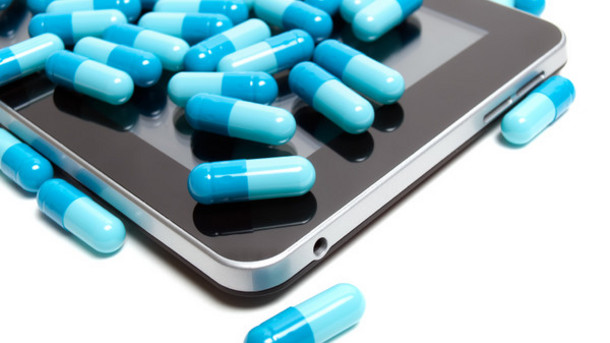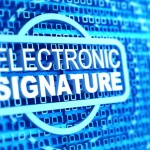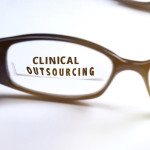New horizons for health care are being unveiled thanks to the progressive mobile technologies. Digitalization of clinical trials is becoming more and more commonly known as the use of mobile and wireless gadgets is proved to support the achievements of different Pharmaceutical companies. Undoubtedly, mHealth(Mobile Health) holds immense potential and importance which the Pharma sector is beginning to realize. Technologies turn into a virtual goldmine for this particular industry because they have the required capacity to serve in a way which optimizes clinical trials. The health service delivery around the globe, then, is facing improvements which can transform the current face of the medical world. Implementing a powerful combination and set of factors, the digitalization of clinical trials promises to deliver cost reductions, reduced risks and, most importantly, accelerated and better trials.
For every industry, “time is money” but for the Pharma sector this is somehow magnified. Escalating costs for clinical trials demand quick actions for efficient solutions. Any delay means yet another loss not only in terms of time but in terms of recourses too. According to healthtech, some delays are estimated at around $35,000 per day for a trial and in other cases this sum can jump from $600,000 to $8 million per day.In order to prevent this type of drawbacks, medical organizations and firms are looking for new approaches to clinical researches.
Better time- and cost-efficacies become achievable thanks to the integration of technologies into pharmaceutical projects. For instance, the paper-based process is facilitated by digitalized documentation that can be accessed, saved and delivered more quickly and more easily. Moreover, mobile apps in clinical trials benefit them by improving safety and monitoring of treatments. This way trial sponsors can indicate a possible negative side effect or an issue and respond to it more adequately and accurately. Any changes in the sleeping pattern, heart rhythm or blood pressure of a patient after taking a particular medical product, can be detected much more easily.
An example of mHealth technology is the FDA-approved ingestible event marker and sensor which collects and provides with exact information related to medication consumption and dose timing. Something else that the product can also give is the psychologic responses and behavior of the subject. The gathered information is digitally sent to the smartphone of the patient. Other applications which allow for psychologic monitoring data include Peak Expiratory Flow (PEF), activity meters, glucometers and many more. The rapid spread of mobile technologies and the advancements in a number of applications greatly contribute to, enhance and strengthen health systems. This opens doors for many progressive opportunities which are available by just one taping on the screen of a phone. And when efficiency of work depends on such evolved mHealth field, the addressing of health priorities becomes easier and more convenient not only for the experts in the area but for patients as well.
The rapid spread of mobile technologies and the advancements in a number of applications greatly contribute to, enhance and strengthen health systems. This opens doors for many progressive opportunities which are available by just one taping on the screen of a phone. And when efficiency of work depends on such evolved mHealth field, the addressing of health priorities becomes easier and more convenient not only for the experts in the area but for patients as well.






